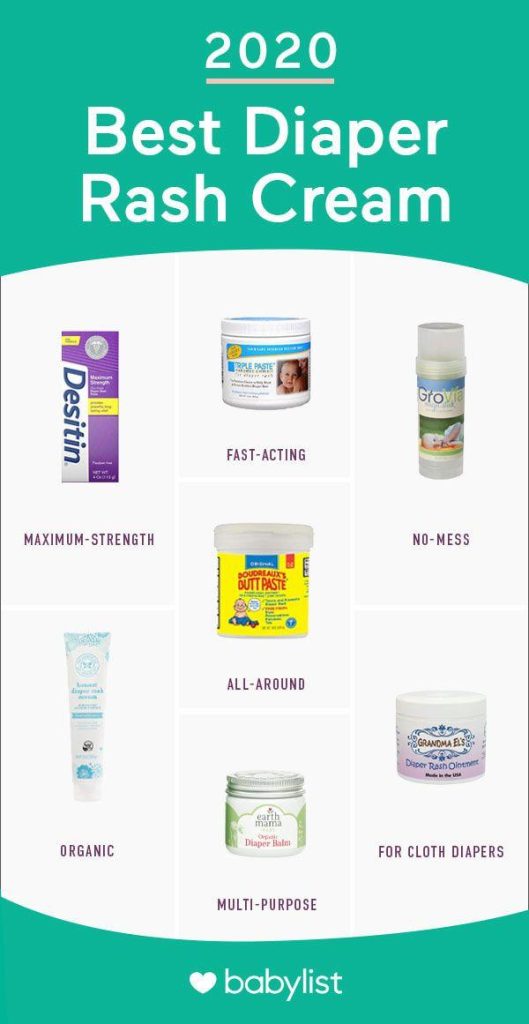Diaper rash is a common yet challenging hurdle in the journey of parenthood, often turning joyful moments into uncomfortable ones for both baby and caregiver. While it’s a temporary condition, finding effective relief quickly is essential to soothe your little one’s sensitive skin and restore their happy glow. In this article, we explore the top 10 diaper rash remedies every parent should know-a blend of time-tested traditions and modern solutions designed to provide comfort and care when it’s needed most. Whether you’re a first-time parent or a seasoned pro, these remedies will equip you with the knowledge to tackle diaper rash confidently and compassionately.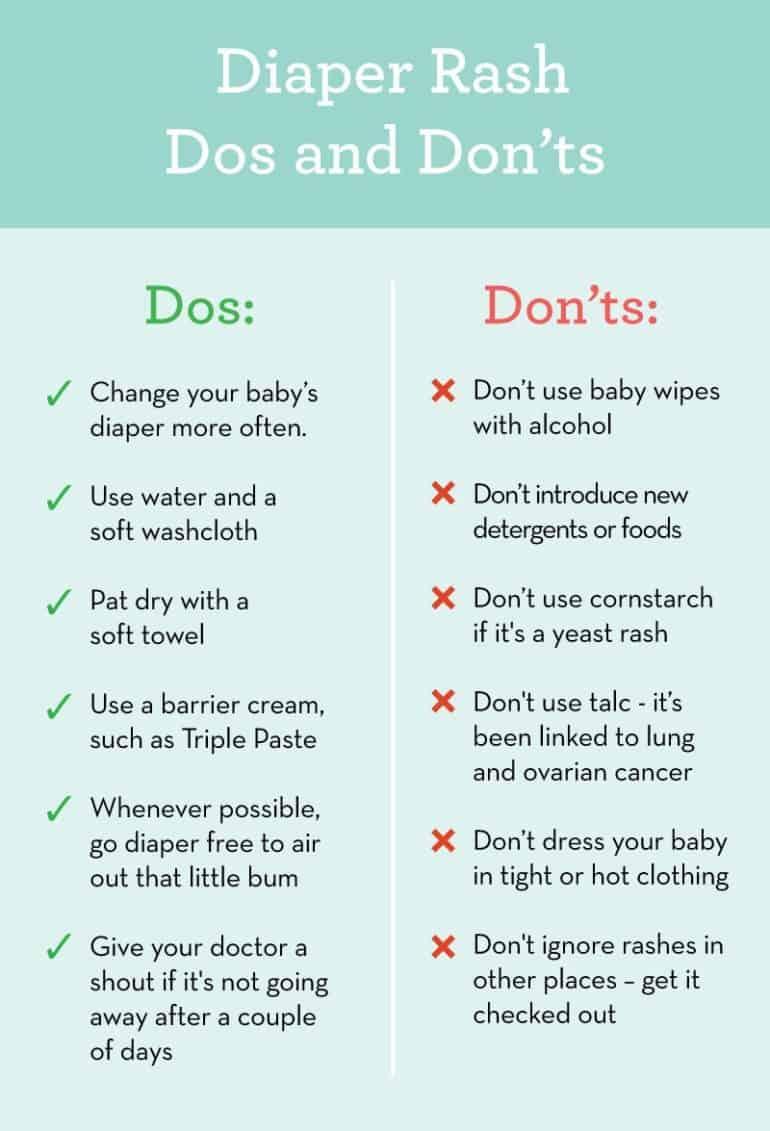
– Understanding the Causes and Prevention of Diaper Rash
Diaper rash typically arises from prolonged exposure to moisture, friction, and irritants, creating the perfect storm for skin irritation. The delicate skin in the diaper area is vulnerable to the combination of wetness from urine, feces, and the harsh chemicals found in some wipes or detergents. Additionally, the friction from tight diapers or a skin sensitivity to particular brands of diapers can exacerbate the discomfort. Understanding these root causes is crucial in crafting an effective prevention strategy that prioritizes keeping the skin dry, clean, and protected.
Key prevention tactics include:
- Frequent diaper changes to minimize moisture contact
- Using breathable, hypoallergenic diapers to reduce irritation
- Applying protective barrier creams that shield skin from irritants
- Ensuring gentle cleansing with fragrance-free wipes
- Allowing diaper-free intervals to let skin breathe
| Cause | Prevention Tip |
|---|---|
| Excess Moisture | Change diapers every 2 hours or immediately after soiling |
| Friction | Use soft-fitting diapers to reduce skin rubbing |
| Irritants | Choose fragrance-free wipes and detergent-free diaper liners |
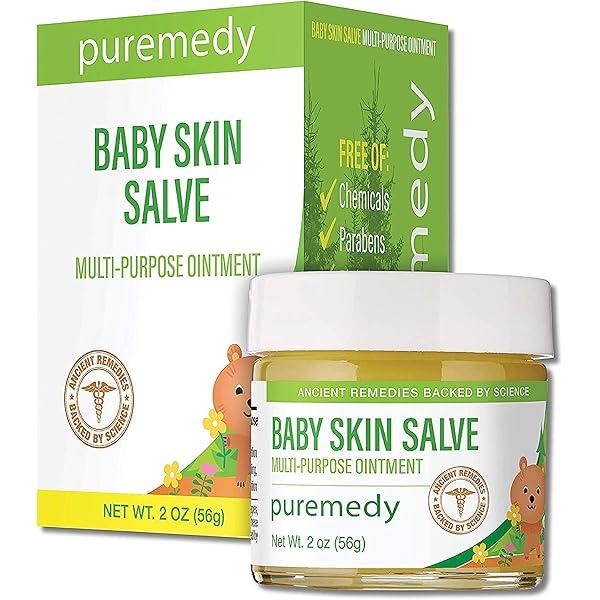
– Natural and Gentle Remedies for Sensitive Baby Skin
For babies with delicate skin, finding soothing solutions that comfort without irritation is key. Natural ingredients such as chamomile and calendula offer gentle anti-inflammatory properties that help calm redness and swelling. Applying a mild chamomile tea compress or a calendula-based cream can provide relief while nurturing the skin’s fragile barrier. These remedies work harmoniously with the body’s natural healing processes, making them excellent choices for preventing discomfort in sensitive areas.
Incorporating natural oils like coconut oil and olive oil into diaper rash care routines can also support skin hydration and protect against further irritation. These oils form a breathable barrier that locks in moisture and allows the skin to breathe. Additionally, using hypoallergenic, fragrance-free wipes or simply soft cotton cloths soaked in lukewarm water can minimize friction and exposure to harsh chemicals. Below is a quick reference chart to guide parents in choosing the ideal gentle remedy:
| Natural Remedy | Key Benefits | How to Use |
|---|---|---|
| Chamomile | Anti-inflammatory, soothing | Chamomile tea compress on rash |
| Calendula | Promotes healing, gentle | Apply calendula cream 2-3 times daily |
| Coconut Oil | Moisturizes, antibacterial | Light layer after diaper change |
| Olive Oil | Hydrating, protective barrier | Massage gently before bedtime |
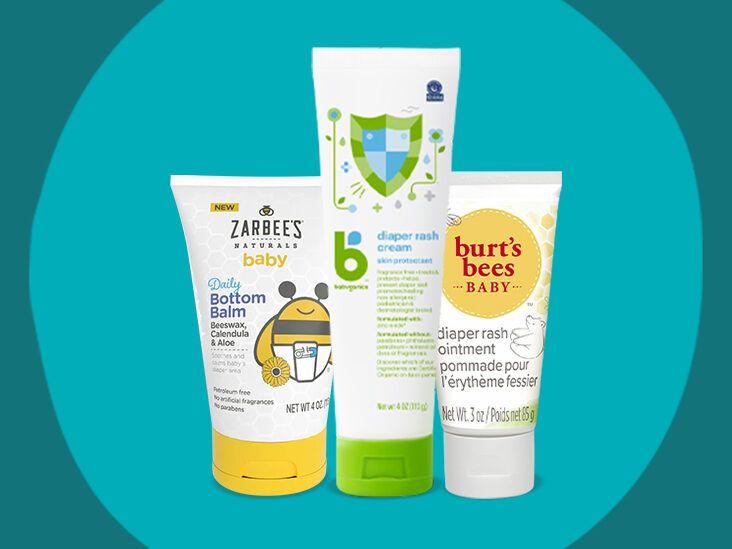
– Effective Over-the-Counter Treatments and When to Use Them
When it comes to soothing your baby’s delicate skin, choosing the right over-the-counter options can make all the difference. Barrier creams and ointments like zinc oxide and petrolatum-based products create a protective shield that keeps moisture away from the rash, promoting faster healing. For minor redness and irritation, lightweight formulas infused with natural ingredients such as calendula or aloe vera offer gentle relief without overwhelming sensitive skin. It’s crucial to apply these treatments at every diaper change to maintain consistent protection and prevent progression.
Not all rashes respond the same way, so understanding when to switch products is key. If the rash appears inflamed or develops tiny red bumps, consider antifungal creams that target yeast infections commonly linked to diaper rash. However, avoid using hydrocortisone creams without pediatrician approval, as they may worsen certain conditions. Below is a quick guide to help determine which OTC treatment suits your baby’s symptoms best:
| Symptom | Recommended OTC Treatment | Usage Tips |
|---|---|---|
| Redness with mild irritation | Zinc oxide cream | Apply at every diaper change |
| Moist, shiny rash | Petrolatum ointment | Use as a moisture barrier |
| Raised, red bumps | Antifungal cream | Consult pediatrician if persistent |
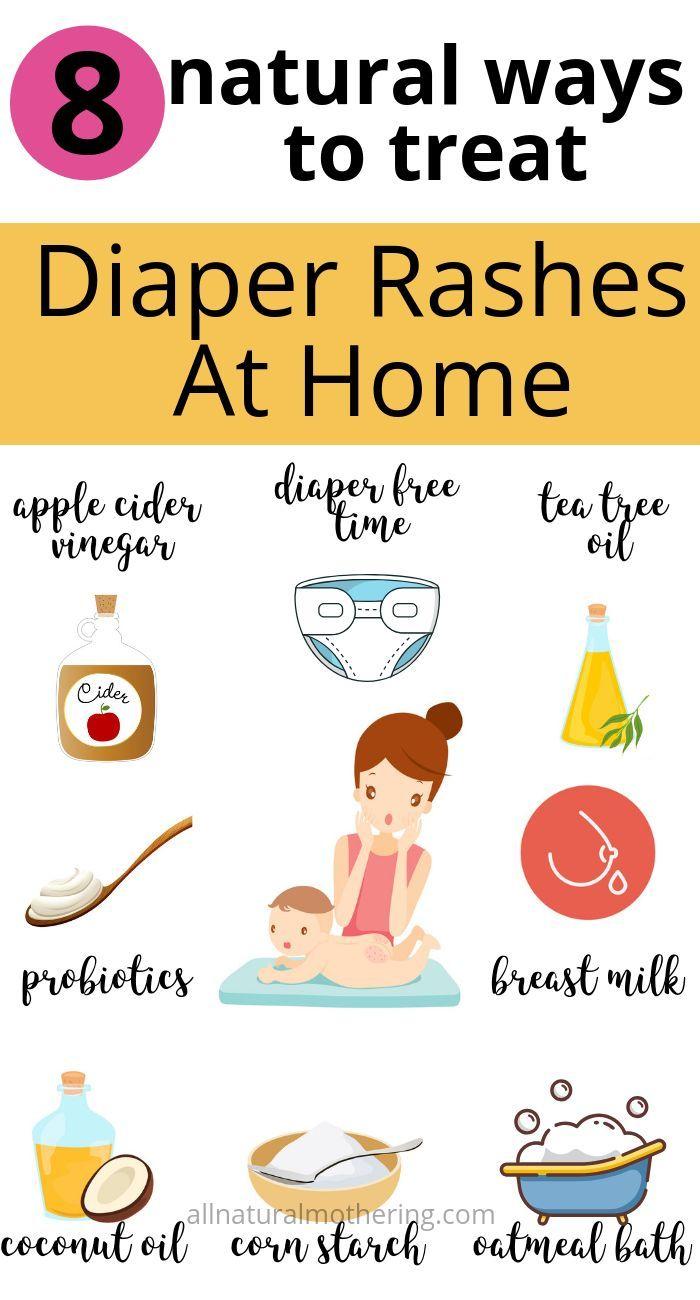
– Tips for Maintaining Healthy Skin During Diaper Changes
Keeping your baby’s delicate skin healthy throughout diaper changes requires more than quick wipes and a fresh diaper. Prioritize gentleness by using soft, unscented wipes or a damp, warm cloth to cleanse without irritation. Allowing the skin to air-dry for a few moments before putting on a new diaper can significantly minimize moisture buildup, which is a common culprit of rashes. Don’t forget to apply a light layer of diaper cream or ointment formulated to create a moisture barrier and protect from friction.
Here are some practical steps to keep skin happy and rash-free:
- Loosen diaper fasteners gently and remove the diaper without causing unnecessary skin stretching.
- Clean thoroughly but avoid harsh rubbing; pat dry instead.
- Choose breathable diapers that allow air circulation.
- Change diapers frequently to prevent prolonged exposure to irritants.
- Incorporate diaper-free time when possible to let skin breathe.
| Do | Don’t |
|---|---|
| Use fragrance-free wipes | Use baby powder with talc |
| Apply barrier creams | Over-wipe or scrub the skin |
| Check diaper rides regularly | Leave wet diapers on too long |
Closing Remarks
As you navigate the ups and downs of parenthood, diaper rash may be an unwelcome but familiar visitor. Armed with these top 10 remedies, you’re now better equipped to soothe your little one’s discomfort and bring back those sweet, rash-free smiles. Remember, every baby is unique, so a little patience and a bit of trial and error might be part of the journey. With care, attention, and these trusted tips at your side, you can keep diaper rash at bay and focus on what truly matters-the joyful moments of growing together.
